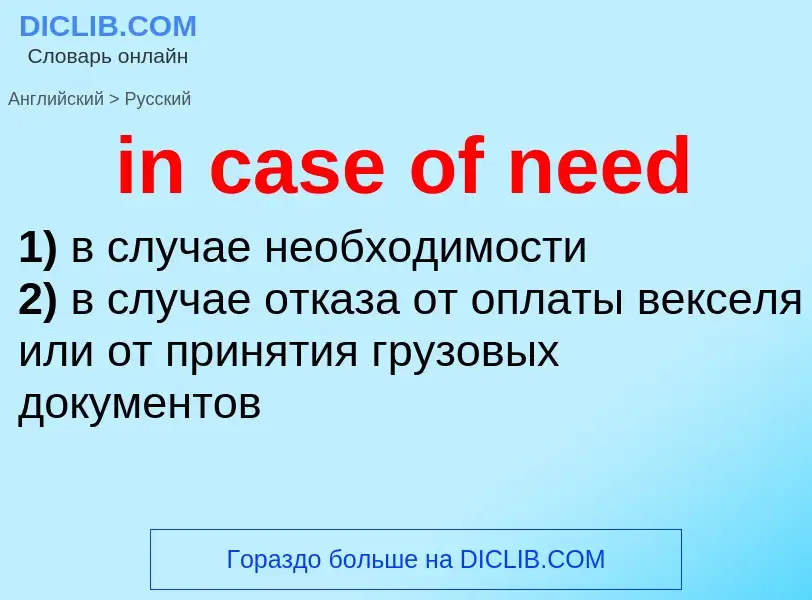Перевод и анализ слов искусственным интеллектом ChatGPT
На этой странице Вы можете получить подробный анализ слова или словосочетания, произведенный с помощью лучшей на сегодняшний день технологии искусственного интеллекта:
- как употребляется слово
- частота употребления
- используется оно чаще в устной или письменной речи
- варианты перевода слова
- примеры употребления (несколько фраз с переводом)
- этимология
in case of need - перевод на русский
2) в случае отказа от оплаты векселя или от принятия грузовых документов
[,tʃɪldrtnɪn'ni:d]
общая лексика
"Дети в нужде" (ежегодная телевизионная программа, призывающая публику пожертвовать в фонд помощи детям слаборазвитых и др. стран мира; длится несколько часов и включает эстрадные номера; передаётся Би-би-си-1 [BBC 1] с 1980)
['minəskju:l]
прилагательное
общая лексика
минускульный
написанный минускулами
(очень) маленький
существительное
['minəskju:l]
общая лексика
минускул
рукопись
написанная минускулами
общая лексика
строчная литера
[ləuə'keis]
общая лексика
в нижнем регистре
режим, в котором ввод с клавиатуры производится при не нажатой клавише Shift и выключенном переключателе Caps Lock. При этом текст вводится строчными буквами
отделение со строчными литерами, цифрами и знаками препинания
полиграфия
касса строчных литер
строчные буквы
антоним
Определение
Википедия
A person in need of supervision (PINS) is a term frequently used by social services agencies in the United States to describe a juvenile who is not currently in the household of a parent or legal guardian, or is currently not under their control as evidenced by the person's status offense, who is not an emancipated minor. The term is often abbreviated PINS. Usually, a person in need of supervision is a runaway, an orphan, a truant, or an unruly child.
The term is most commonly used as a term of art in New York in the United States, where the term is used in a key statute governing the treatment of juveniles. Hawaii also has the term in its statutes. Virginia has a similar designation which it calls "child in need of supervision" (CHINS), not to be confused with the broader designation "child in need of services" (also abbreviated "CHINS"), the "services" in which may be disciplinary/supervisory (due to the child's misbehavior) or assistive (due to parental neglect or abuse).

![BBC Television Centre]] on the night of the 2008 telethon BBC Television Centre]] on the night of the 2008 telethon](https://commons.wikimedia.org/wiki/Special:FilePath/BBC Television Centre.jpg?width=200)



![[[Handwritten]] Cyrillic script [[Handwritten]] Cyrillic script](https://commons.wikimedia.org/wiki/Special:FilePath/Fountain pen writing (literacy).jpg?width=200)
![theory of general relativity]].) theory of general relativity]].)](https://commons.wikimedia.org/wiki/Special:FilePath/Headline.png?width=200)
